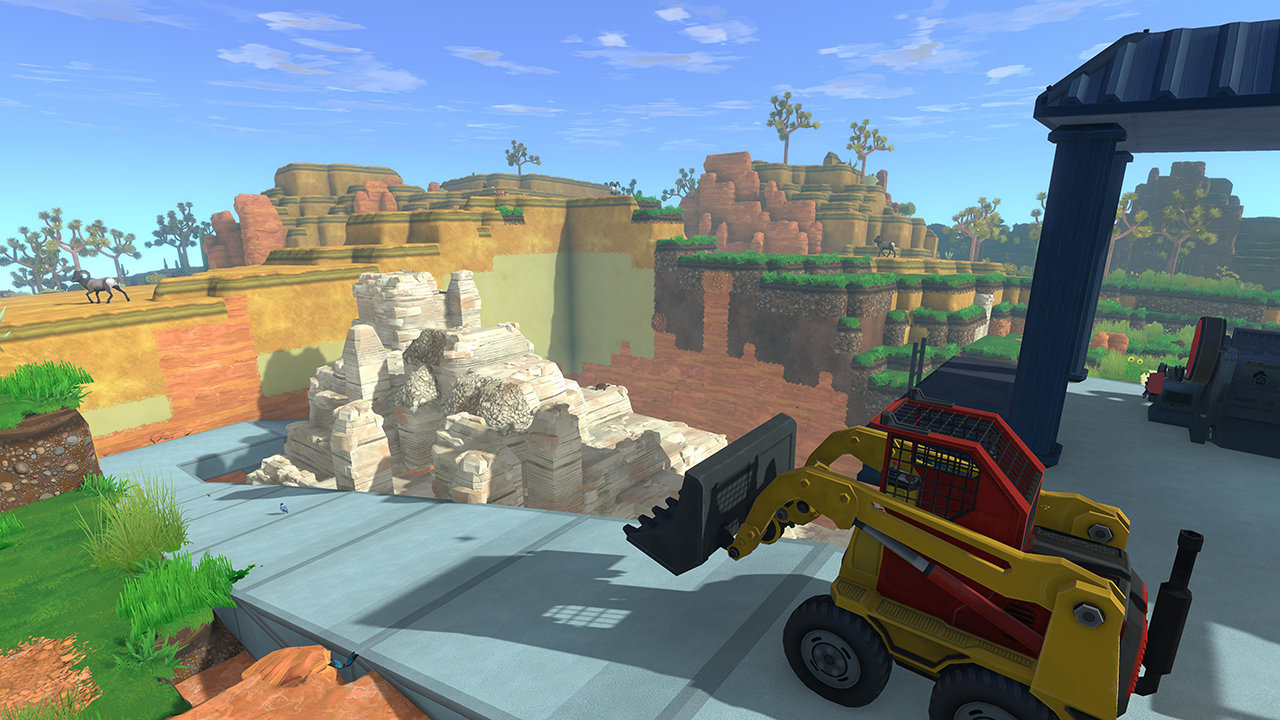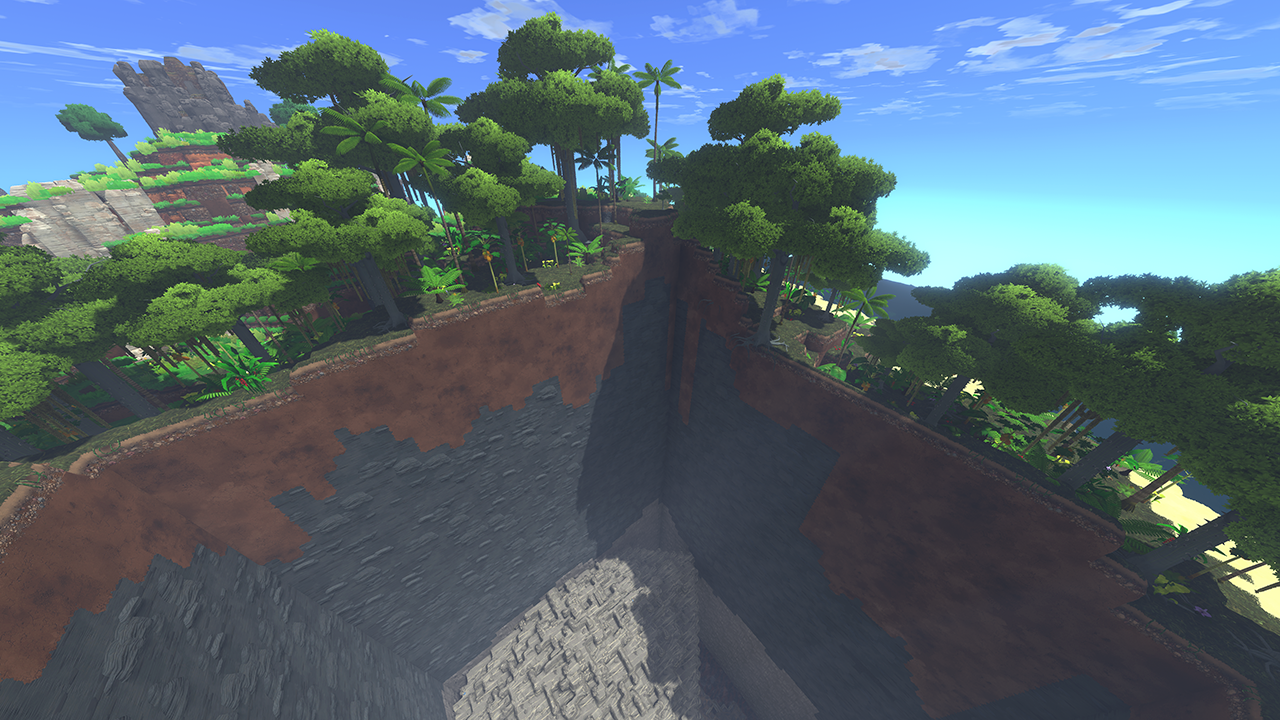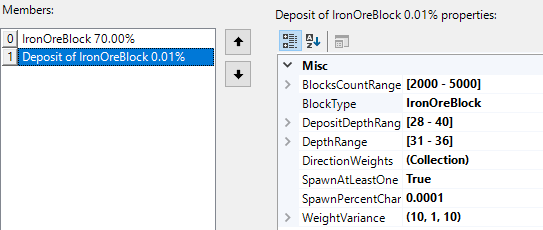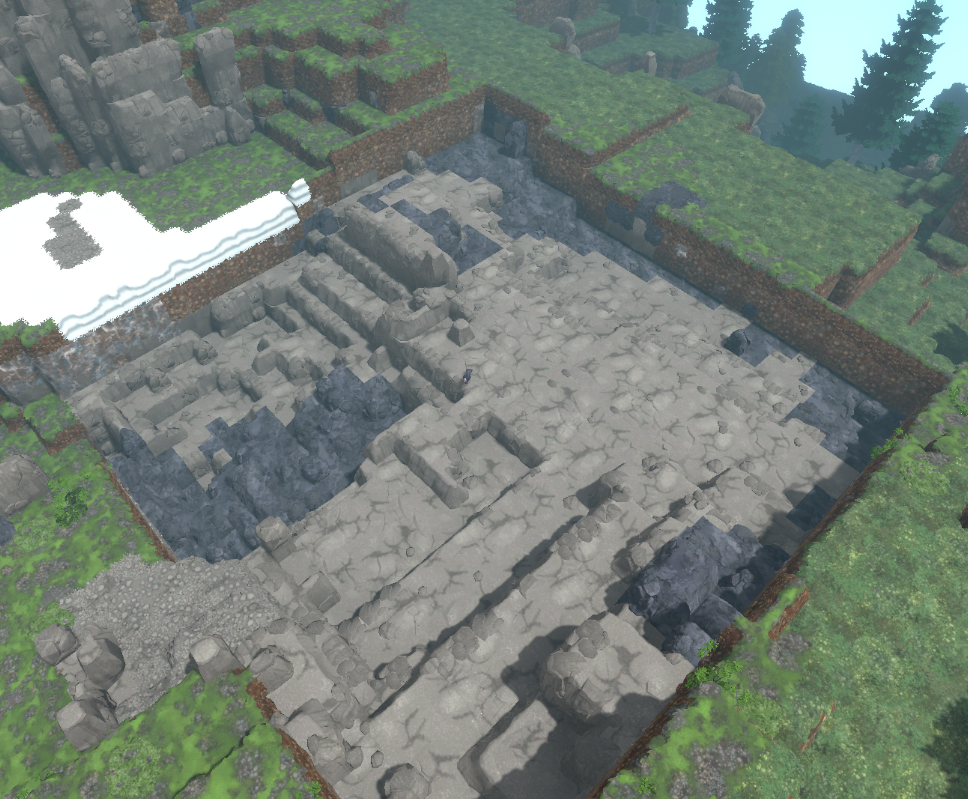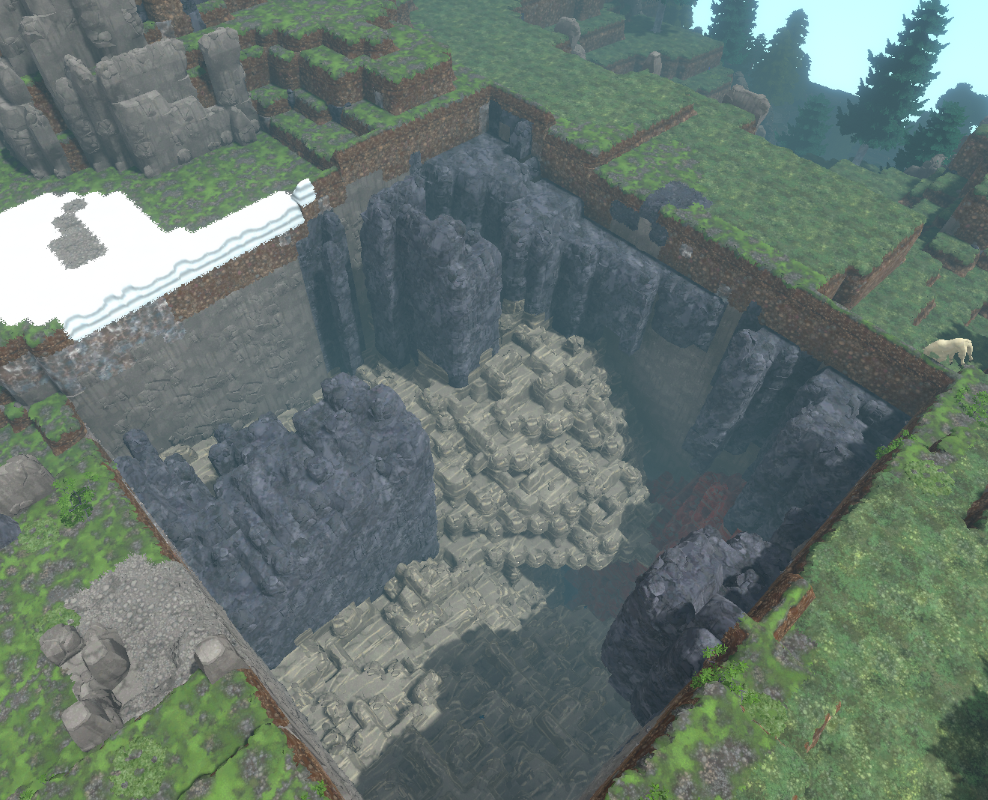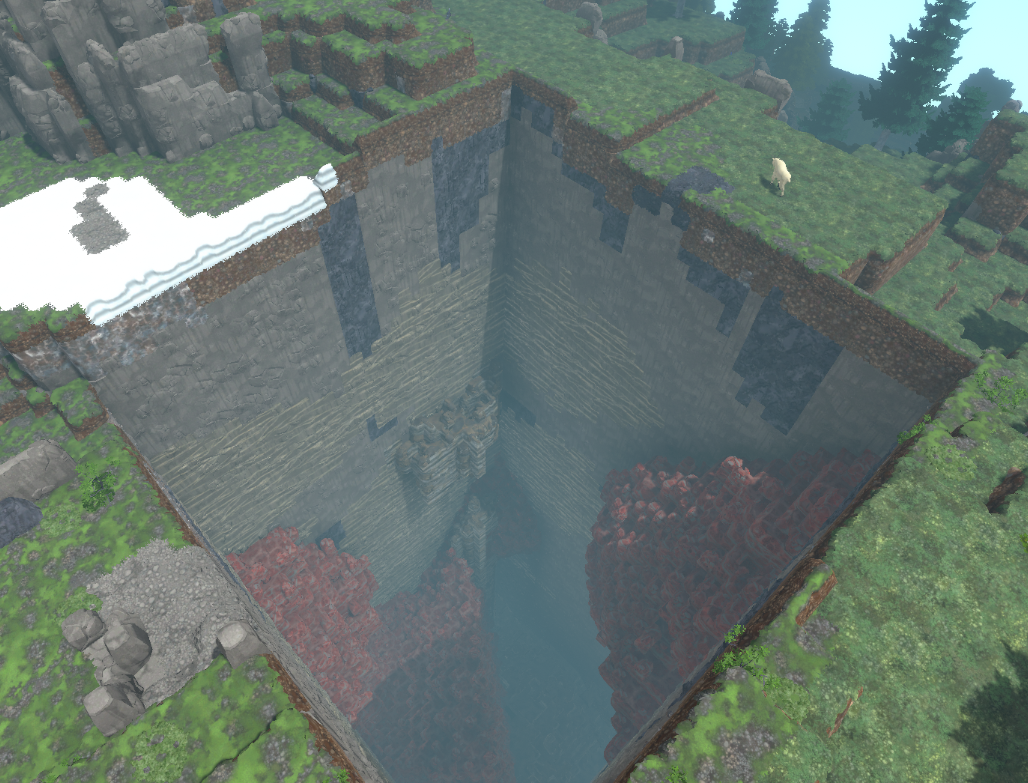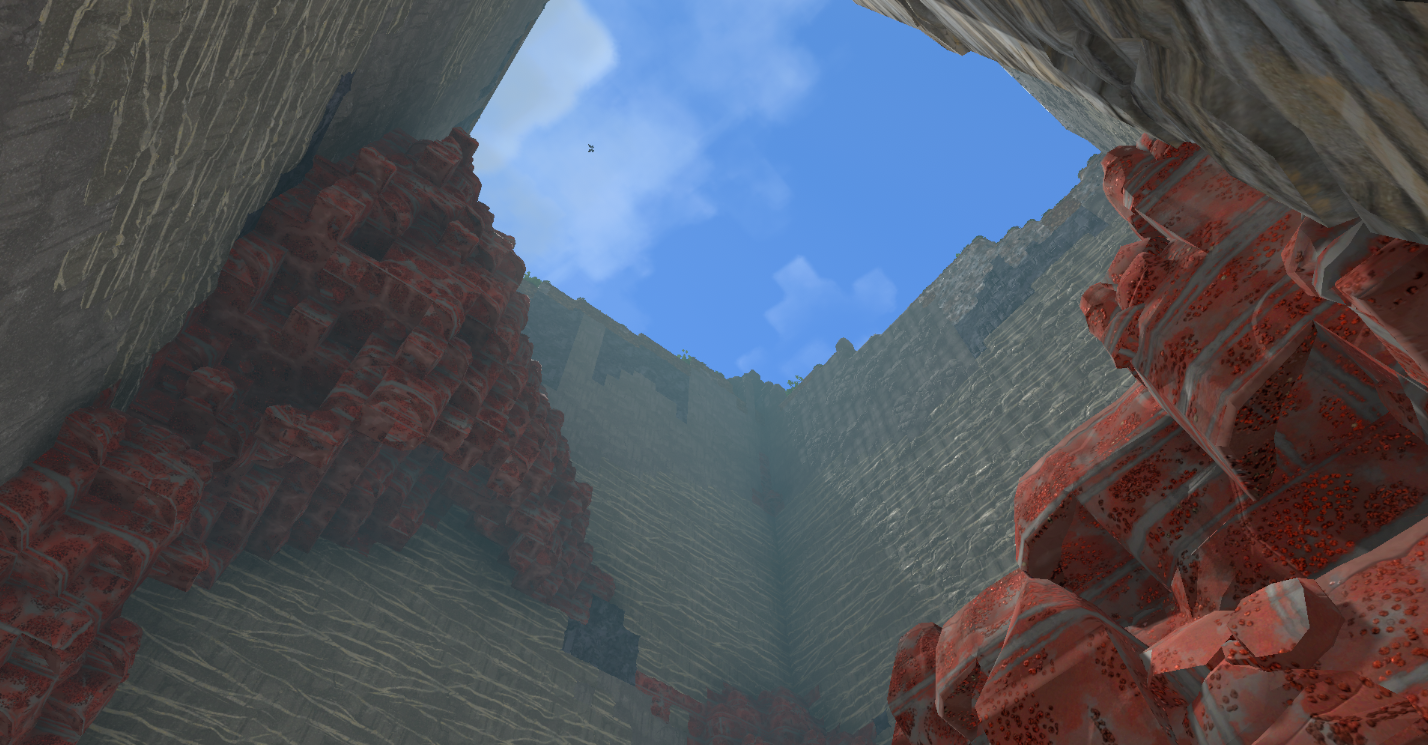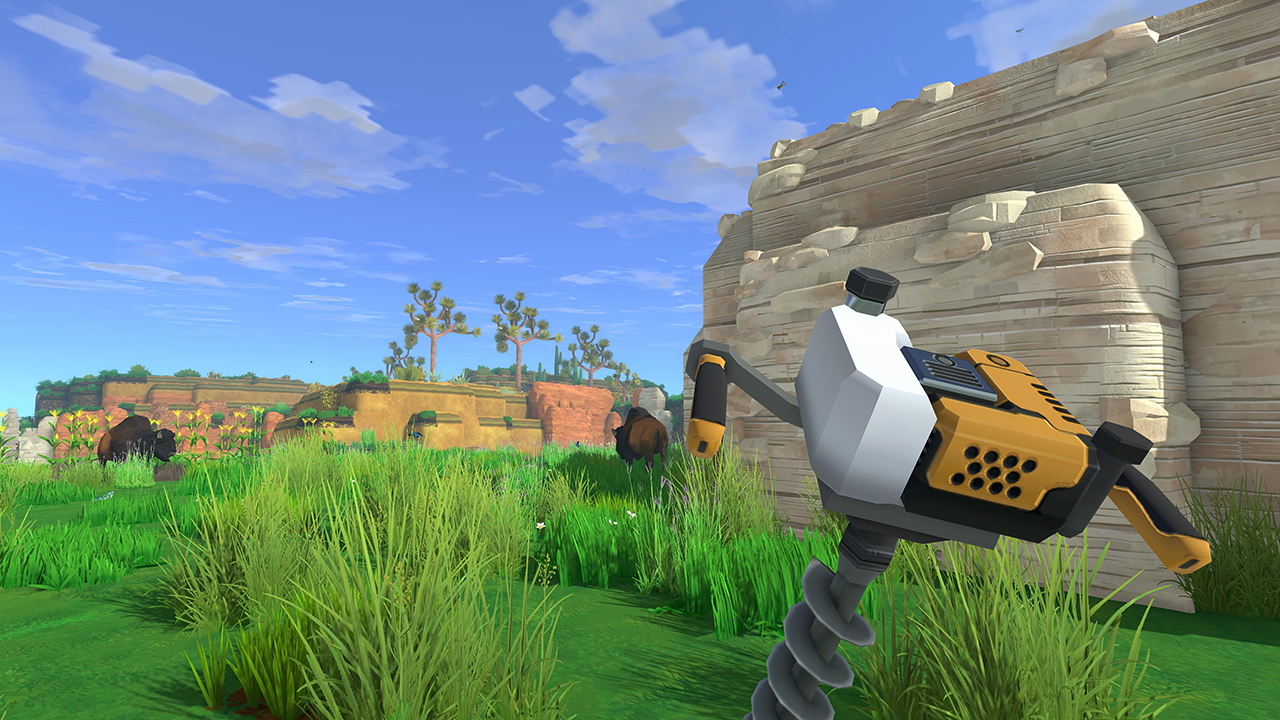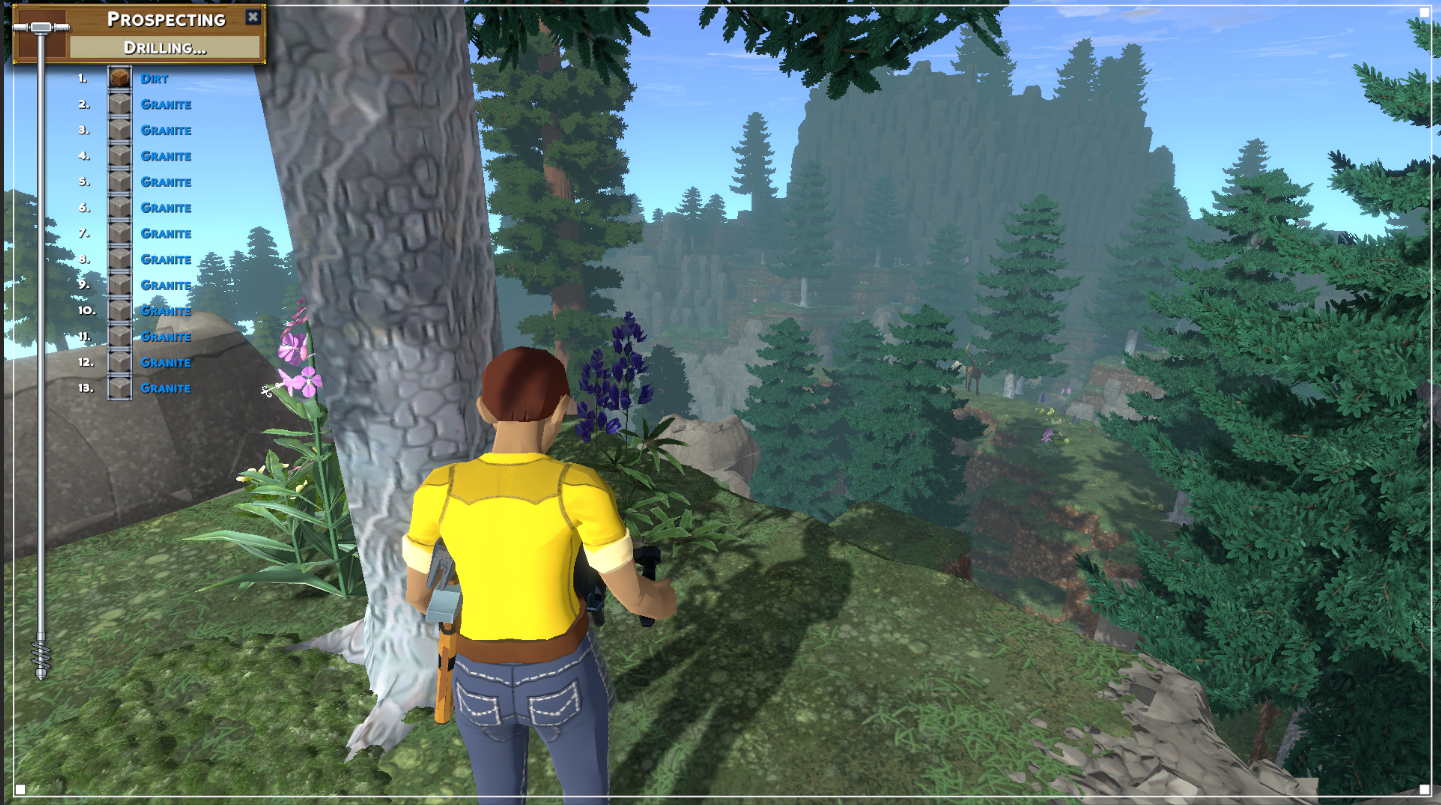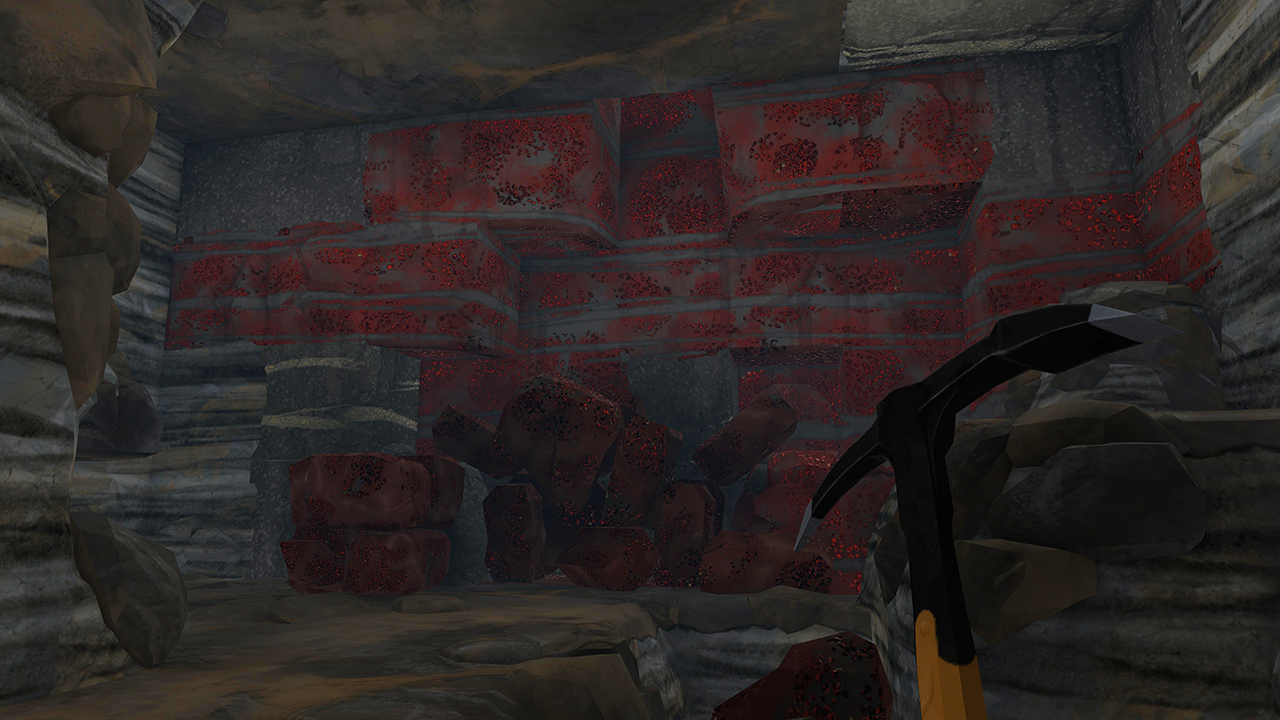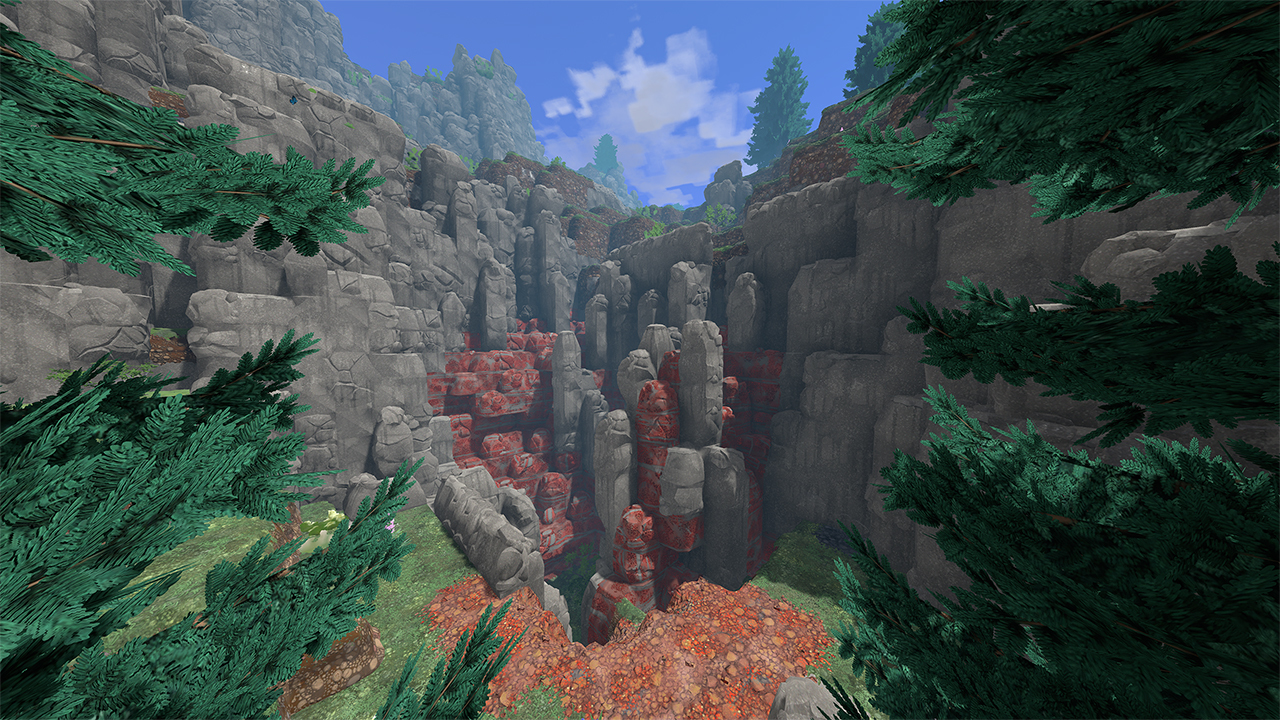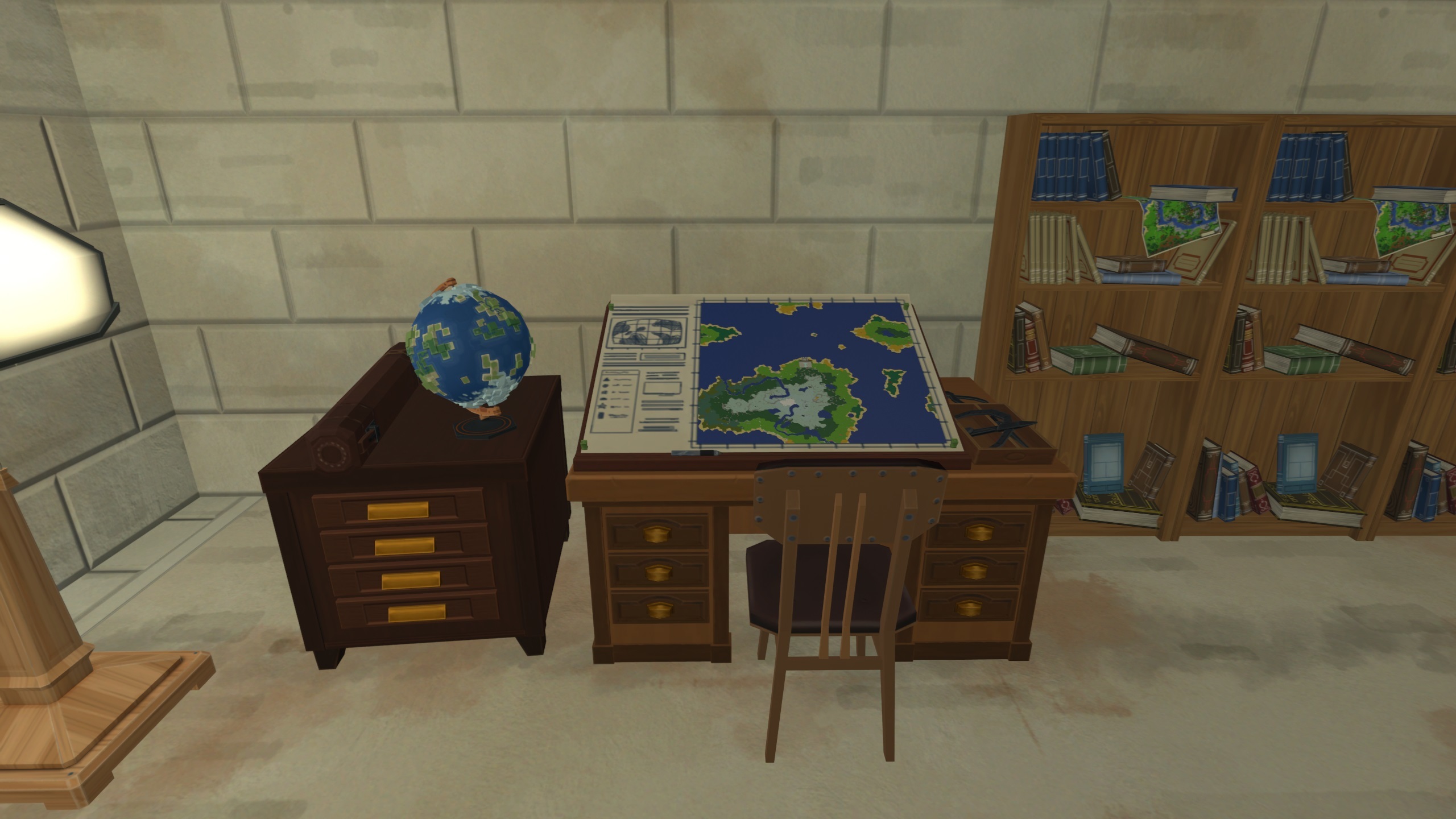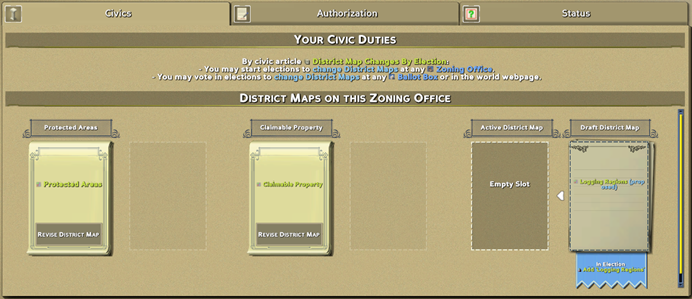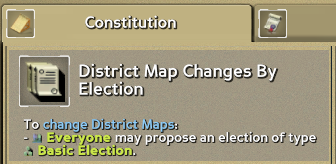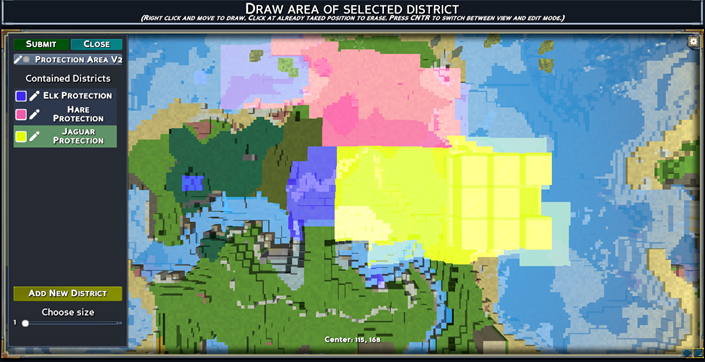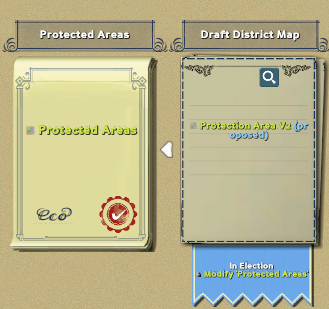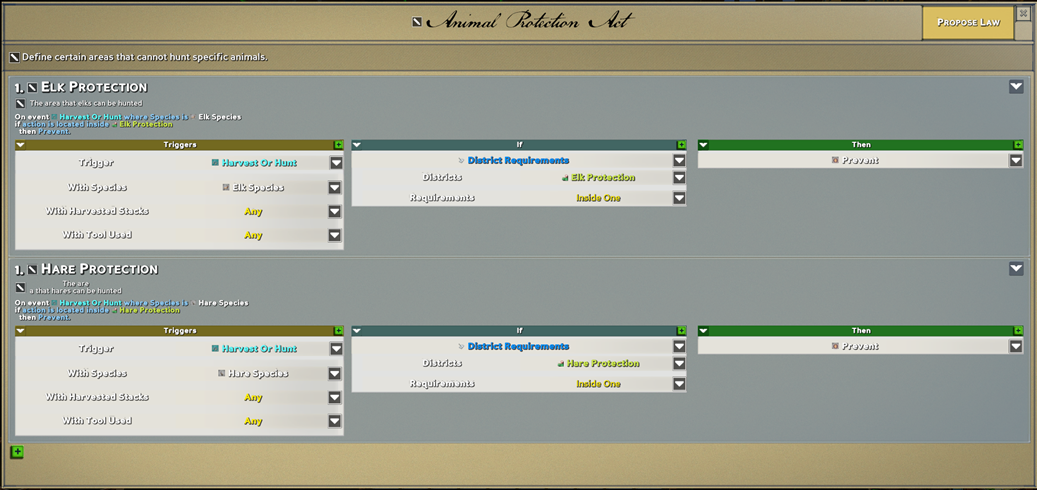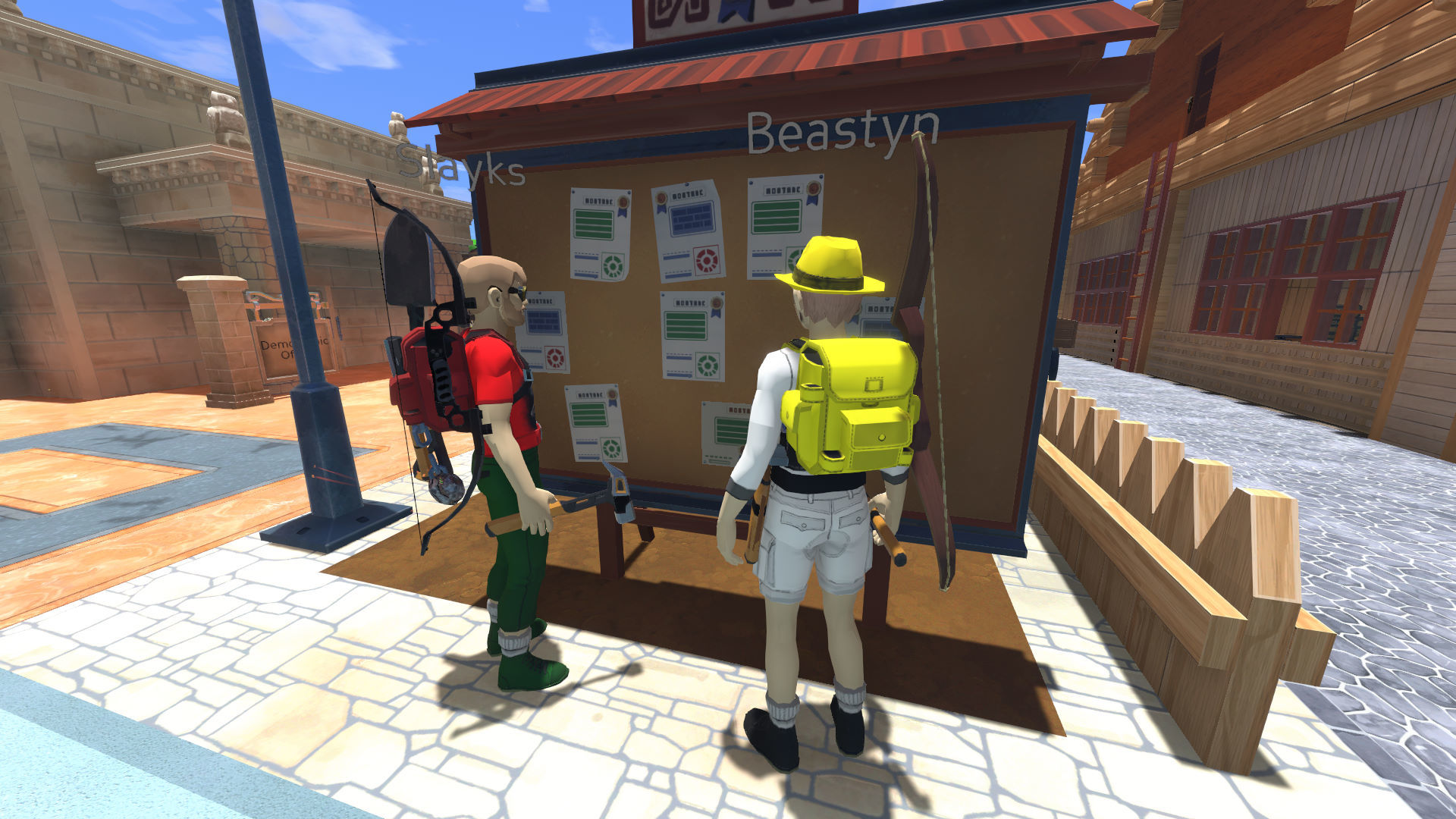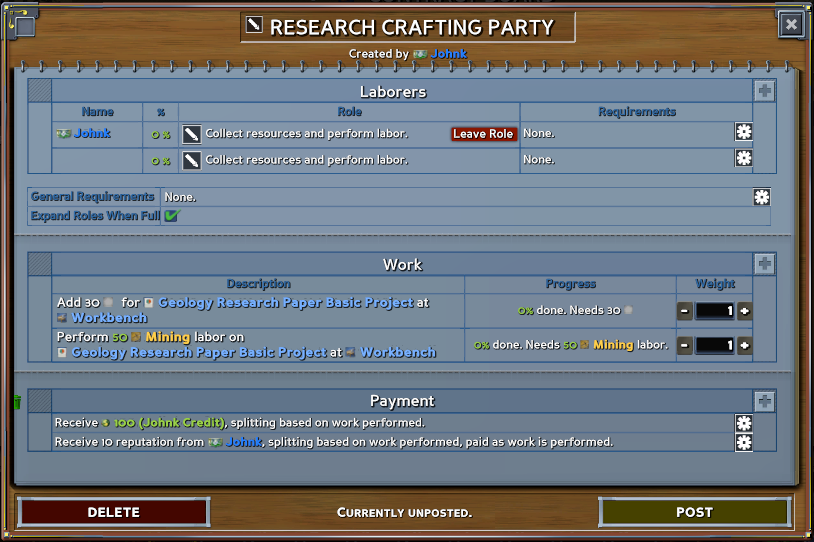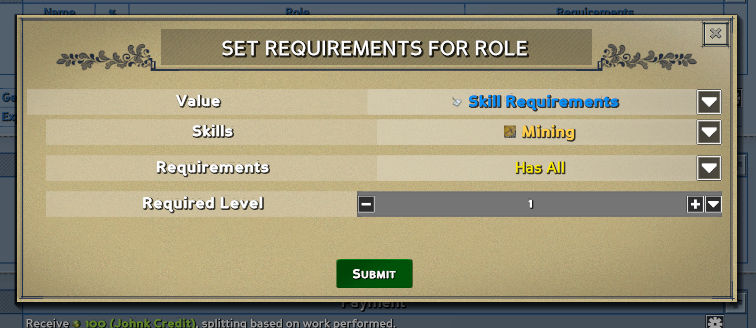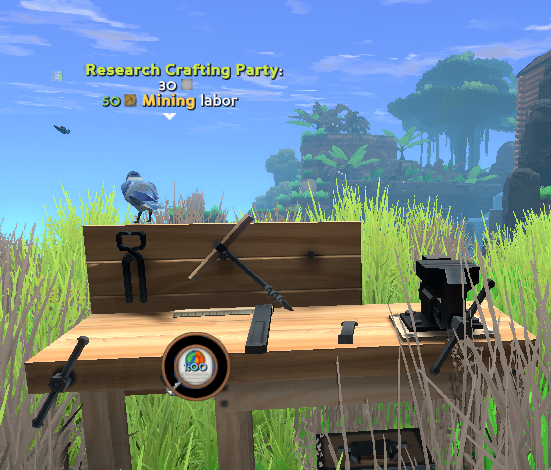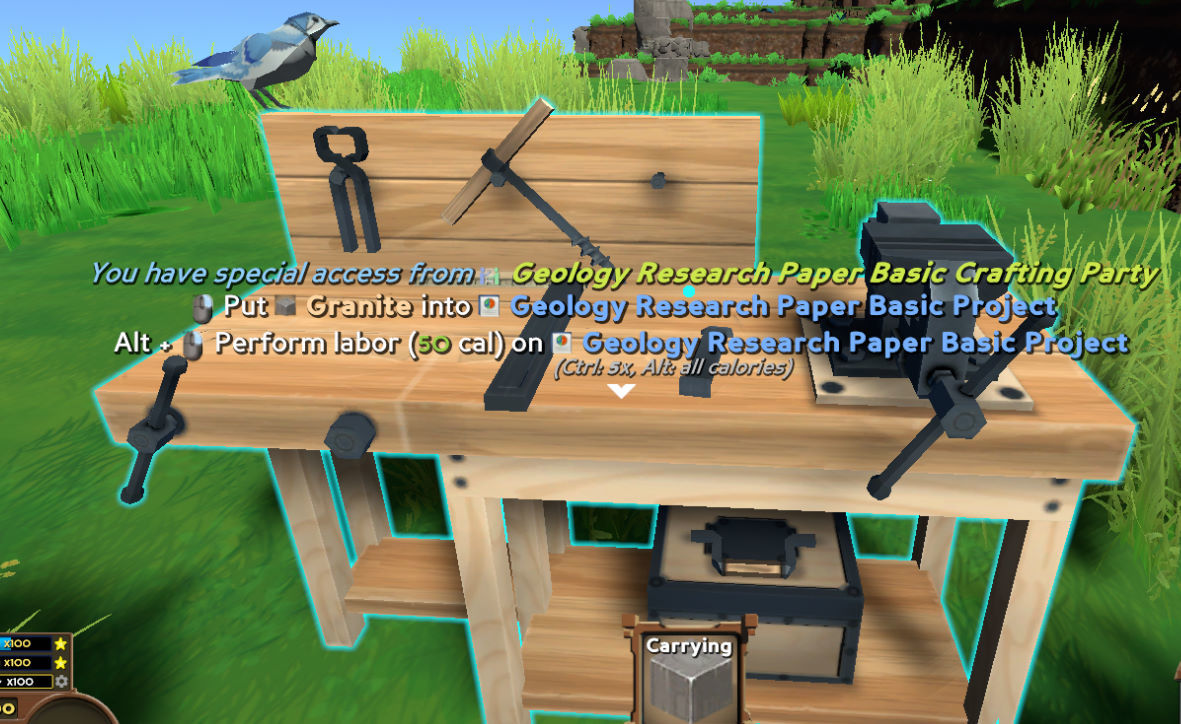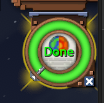Greetings all Eco citizens! This week’s blog will be presented by Eco dev Todd Glenn who works on game balance and helps with some of the design aspects of Eco. We will be focusing on updates to the
technology tree, which is the progression of items in the game that players get through research and technology. We’ve added a ton of content with 9.0 with a few goals in mind: encourage more interaction between the professions, make advances in technological advancement feel more impactful, and expand on our end game content.
Here's an overview of the Eco 9.0 blogs so far:
- New Government system: Constitution
- New Government system: Elections and Elected Titles
- New Government system: Demographics and Wages
- New Government system: Laws Part 1: Using the system
- New Government system: Laws Part 2: Taxes, Ownership, Property, and Wealth
- New Government system: Laws Part 3: Tour of different actions, and Executive Actions
- New Government system: Districts
- New Crafting: Work Parties
- New Crafting: Labor System
- New Crafting: Modules and Efficiency Redesign
- New Crafting: New Tech Tree (This blog)
- New Building System: Hammer and new Building Styles
- New Mining System: Mineral Dispersion and Drill Usage
- New Mining System: New Processing Path and Pollution Info
- New Animal System: Attacking Animals
- New Ecopedia System
- New UI
- New Audio
- New Hosted Worlds System
[h2]New Craftable Items for Professions[/h2]
We have a huge collection of new craftable items for each profession, fleshing out the many professions in the game and adding depth and interesting choices to be made for each.
These include:
- New food recipes for expert chefs
- Fancy high-end furniture for carpenters and masons
- End game Tier 4 building materials
- Advanced tools to aid in large scale resource gathering
- New crafting ingredients to promote more trade between professions
We will go over all of the new building materials and styles in a dedicated blog, but here is a quick peek at the new content:
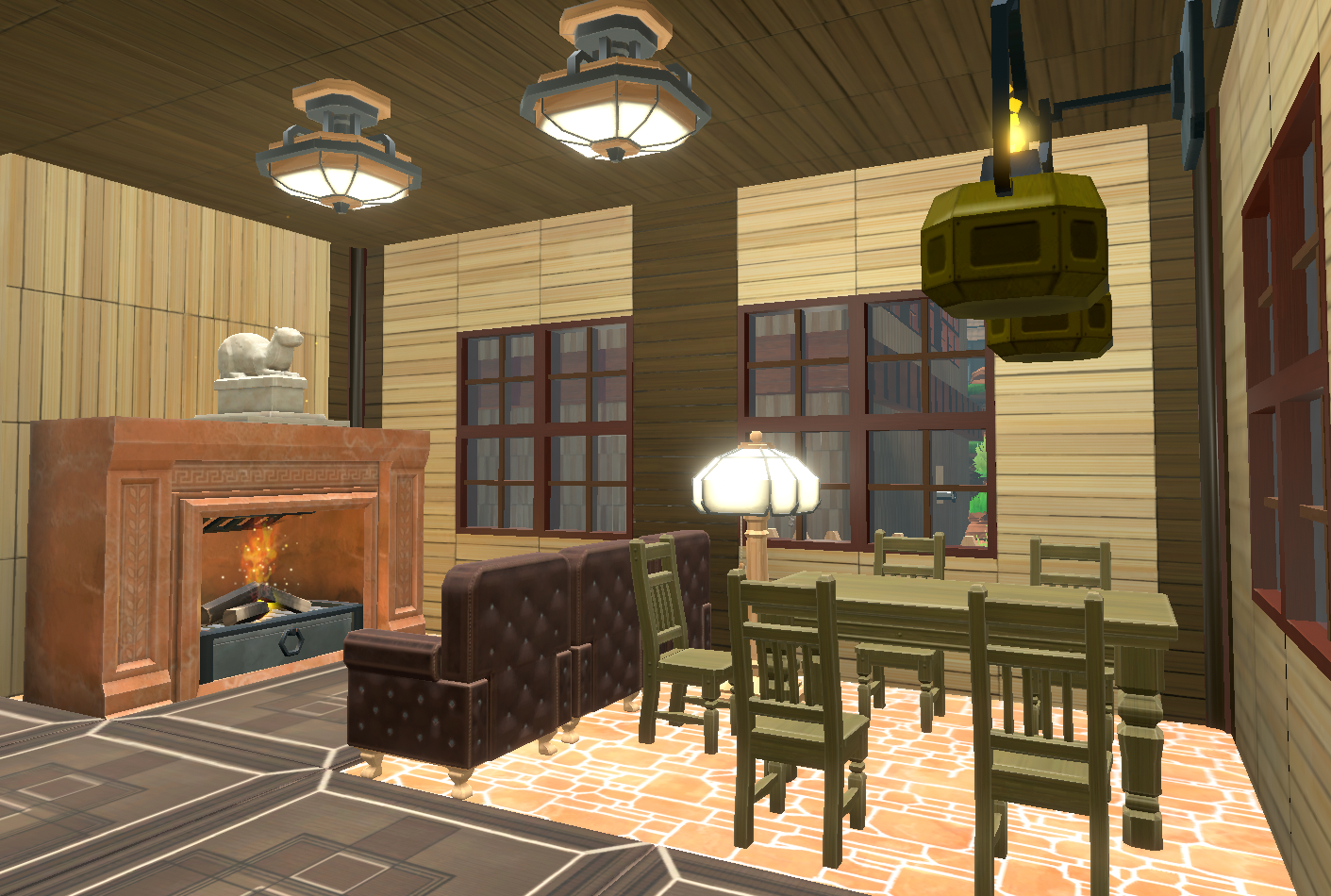
As technology progresses, we want players to continue to upgrade their homes with
higher quality furniture to increase the experience bonus from having a high housing score. We will be adding new
lighting objects,
fireplaces, and a variety of
household appliances. Part of this change will be lowering the experience bonus for more primitive housing objects. Instead there will be plenty of new ways to continue to improve homes at all stages of the game. We are also adding some outdoor features like
fountains and
statues, though these can be placed indoors as well.
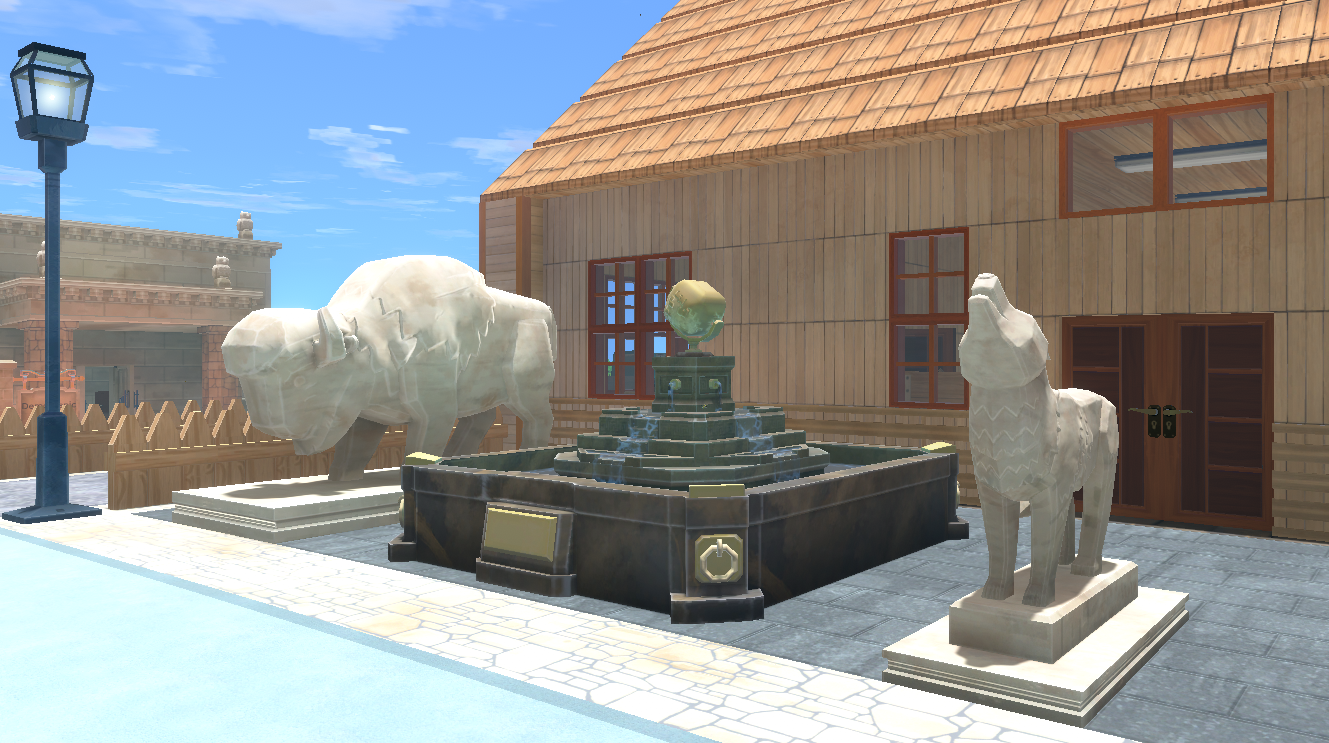
In addition to the items listed above, we will be adding new
crafting tables,
animals, and utility objects like the
transmission pole. There are too many items to go over each individually, but here is a look at some of the new icons so you can get an idea of some of the new content being added.

[h2]Tool Improvements[/h2]
One of the focuses of Eco 9 is
increasing your power-progression through the arc of the game. As your civilization gains in technology, your ability to amass large amounts of resources should increase in tandem, as will your environmental impact. To support that, we’ve added new
area of effect tools, as well as some altogether new tools.
In our previous blog we showcased the prospecting drill, but another new tool is the machete.
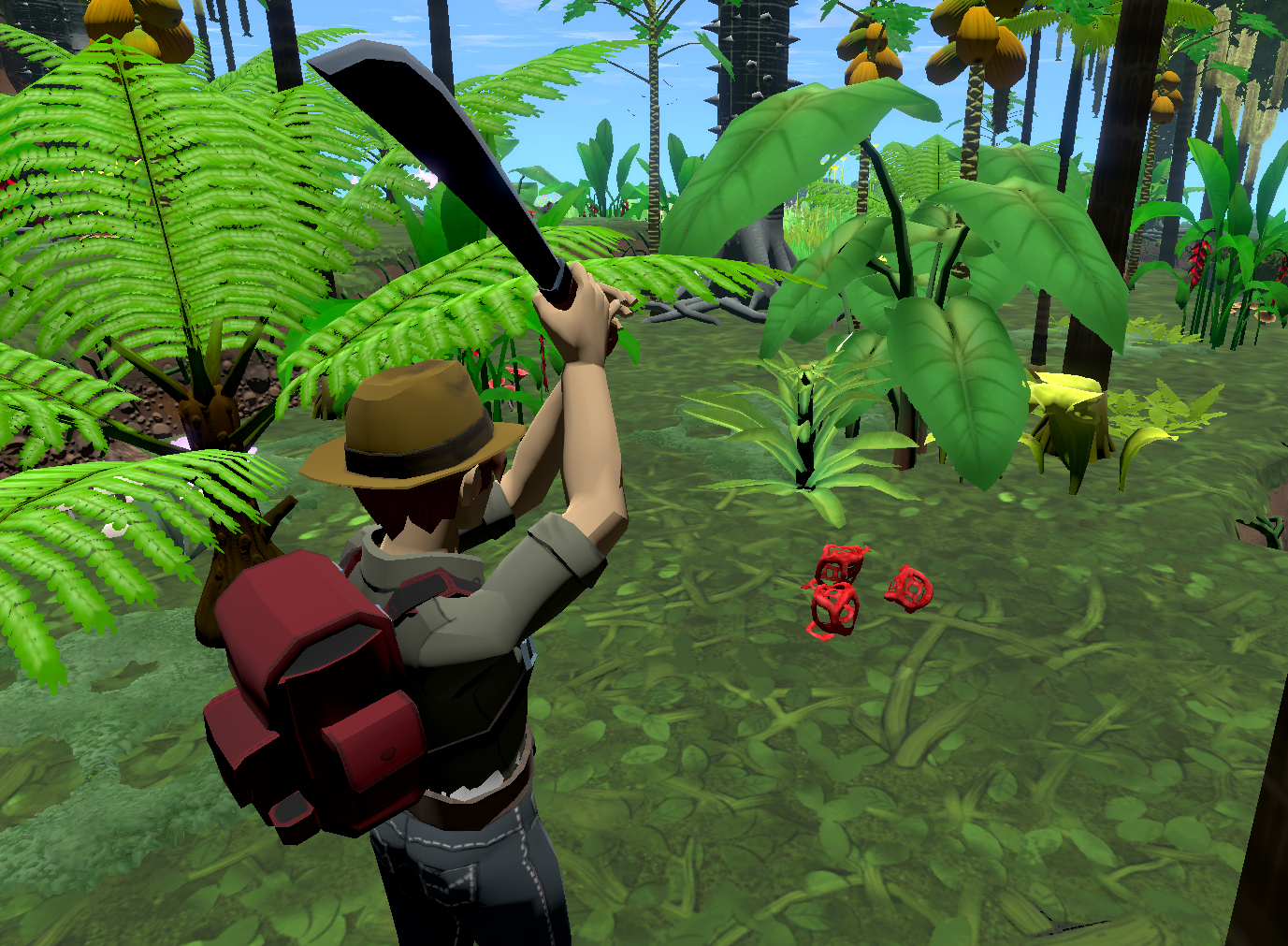
The machete is used to quickly
clear plants from an area, tearing a hole through the jungle that lets you move about much more easily, but at an
environmental cost. Though wild plants provide numerous benefits to an ecosystem, their presence can sometimes be a burden when growing next to a developing town, either by hindering transportation or encroaching on agriculture. The machete allows players to quickly clear all plants with one tool, removing the need to switch between various tools or clearing plants by hand.
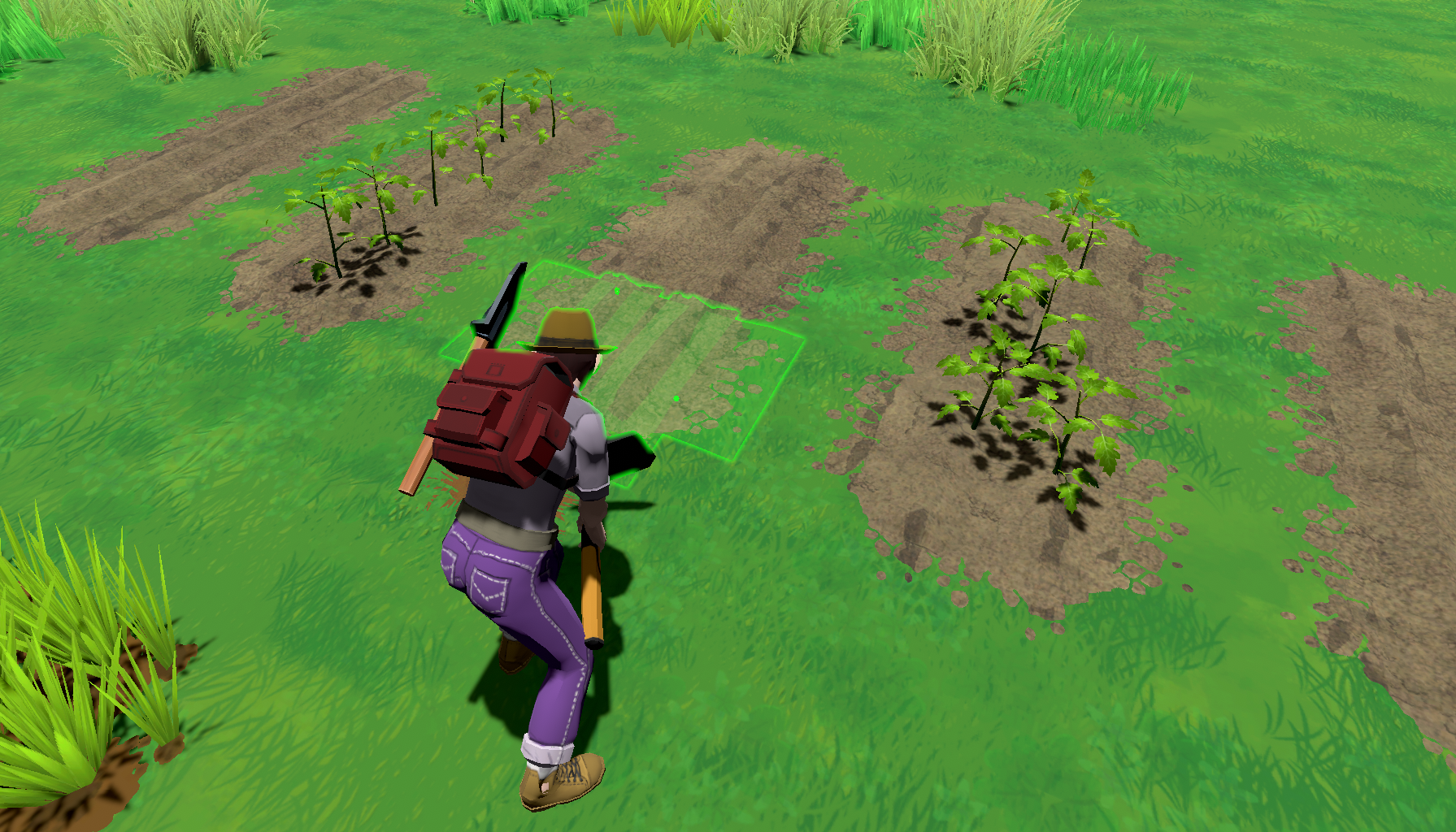
The modern hoe, pictured above, is one example of a tool with an
area of effect. It tills large rows of fields at once with each swing. These crops can be quickly harvested using another area of effect tool, the modern scythe, which can harvest large sections of field at once. When combined, these tools enable farmers to more easily create the large scale farms needed to supply the extra food required for a well-established society to function.
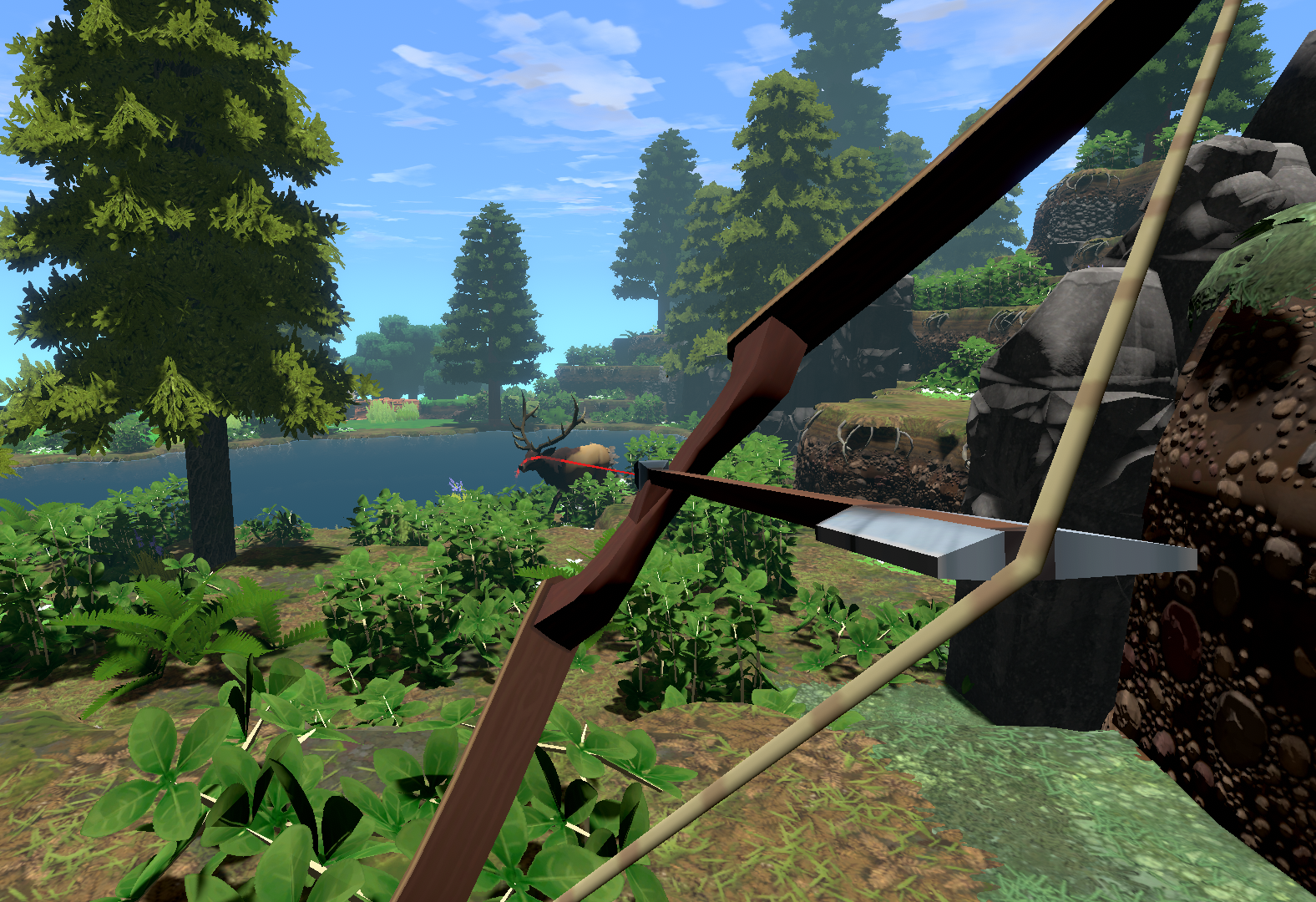 Advanced bows
Advanced bows will be added that are more accurate, fire faster, and do more damage than a traditional wooden bow. The recurve bow, pictured above, has significantly less firing arc. To help accommodate these upgraded bows and to make the hunting specialty more useful, we have
increased hunting difficulty when using a wooden bow without specialization.
[h2]Crafting Updates[/h2]
We have several quality of life improvements to our crafting system that allow for a smoother experience when dealing with similar groups of recipes. One of these changes is the option to have “
tagged ingredients”:
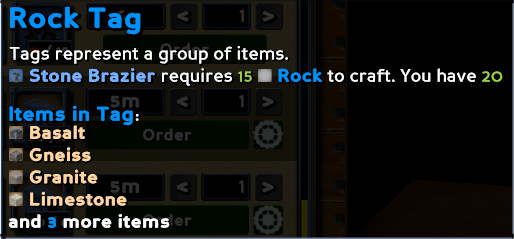
In 8.3, recipes that needed stone required the different types of stone to be processed into a generic stone type before they could be used as ingredients. In 9.0, these recipes will simply have a tagged ingredient “Rock” that accepts any type of stone without a need to create a separate work order for each type. Tagged ingredients will appear in a variety of recipes, for example a fruit muffin recipe that can use any type of fruit.
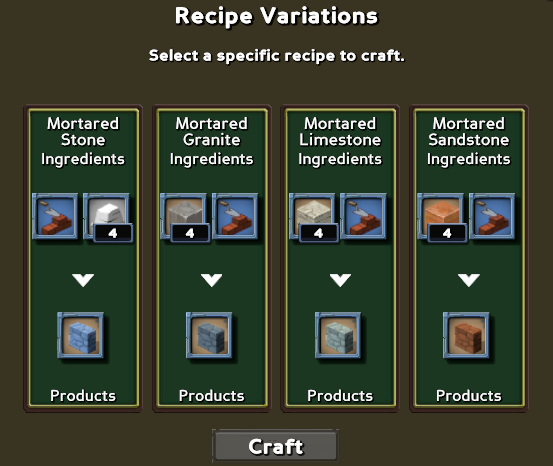
In addition, some recipes with tagged ingredients have
multiple variations that use a specific ingredient to create a similar but distinct product. For example, when crafting Mortared Stone a generic type can quickly be crafted using the Rock tag, or a variation can be selected that accepts a specific type of stone. Previously players had to scroll through a list of all recipes to find the variations, but now they are all contained under one parent recipe.
[h2]Skill System Revamp[/h2]
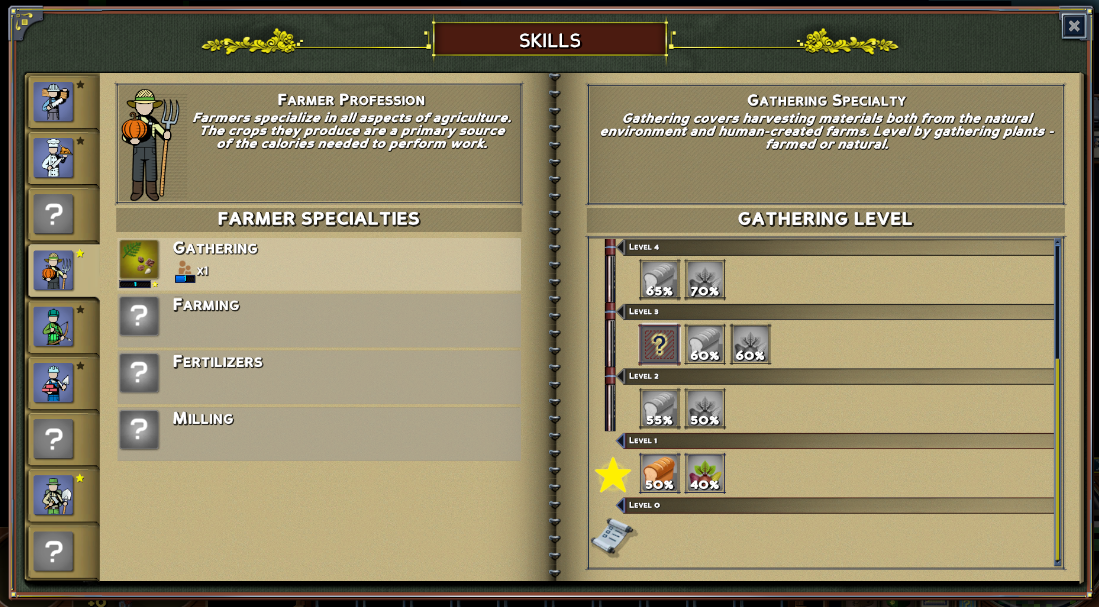
With our new work party and labor features, players are encouraged to hire skilled laborers to help with large scale crafting projects (see our previous blog on
Work Parties). We have updated our skill system with two goals in mind: allow players with the same specialty to collaborate on the same project and encourage more frequent interactions between different specialties.
One of the most significant changes is the introduction of the upgrade module system. Reductions to the amount of ingredients needed for recipes are now caused by having an
upgraded crafting table. All work orders performed at an upgraded table will have the same cost reduction, regardless of skill. We will explain upgrades in more detail in the upcoming efficiency redesign blog.
The new bonus for leveling up is that progressively less calories are required when contributing
skilled labor. Players of various skill levels will be able to contribute to the same project without changing the amount of resources needed for the project. Almost all recipes will require skilled labor to be performed before they can be crafted, so it will no longer be as easy to be a jack-of-all trades.
[h2]Specialty Additions & Changes[/h2]

We will be adding two new endgame specialties capable of using wood or stone to produce the highest quality building material. These specialties,
Advanced Masonry and
Composites, will help carpenters and masons serve an essential role as society advances to the modern age.
A main function of the
Basic Engineer in Eco has always been to help contribute to the transport infrastructure. We are expanding on this role by having them responsible for producing all the different types of roads. In addition, Basic Engineers will receive a calorie reduction when using road tools to allow them to fill the role as the early road builders.
In 8.3, the specialties
Logging &
Mining had nice benefits for gathering resources, but some players reported the specialties felt lackluster compared to other specialties with unique crafting recipes. Logging will now be responsible for producing hewn logs, which are an essential building material throughout the carpentry profession. Players with Mining will now need to crush and process ore before it can be smelted into metal bars by a smith.
[h2]Summary[/h2]
We hope you enjoyed this look at some of the upcoming updates to the tech tree. We have more updates than could be covered in this blog, but we are very excited for everyone to see and experience the upcoming changes for themselves.
Our next livestream will take place on Friday, noon (12:00) PST / 9pm CEST (21:00). Todd will be showing off all the content of this blog live on our Twitch and Youtube channels as well as on Facebook.










